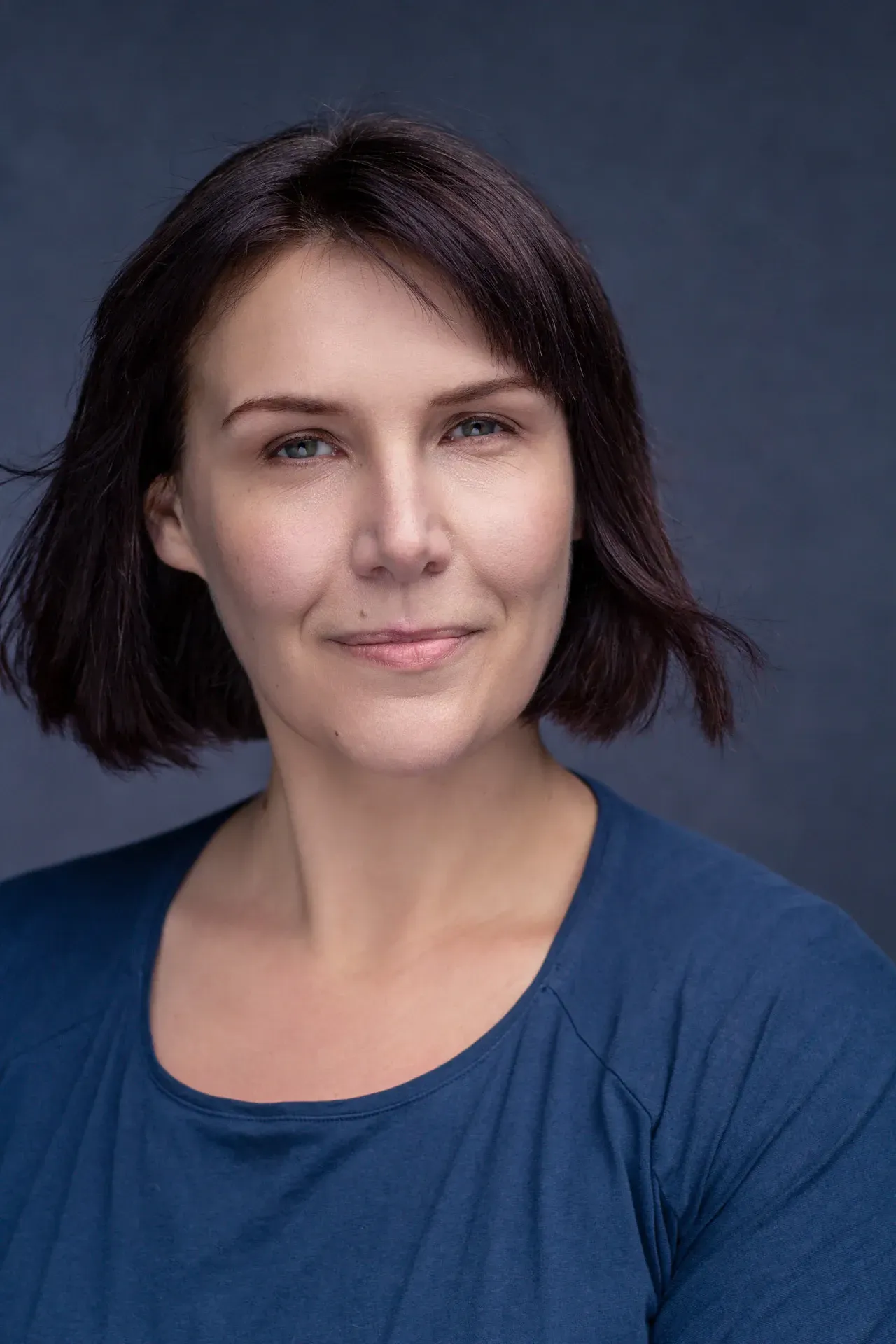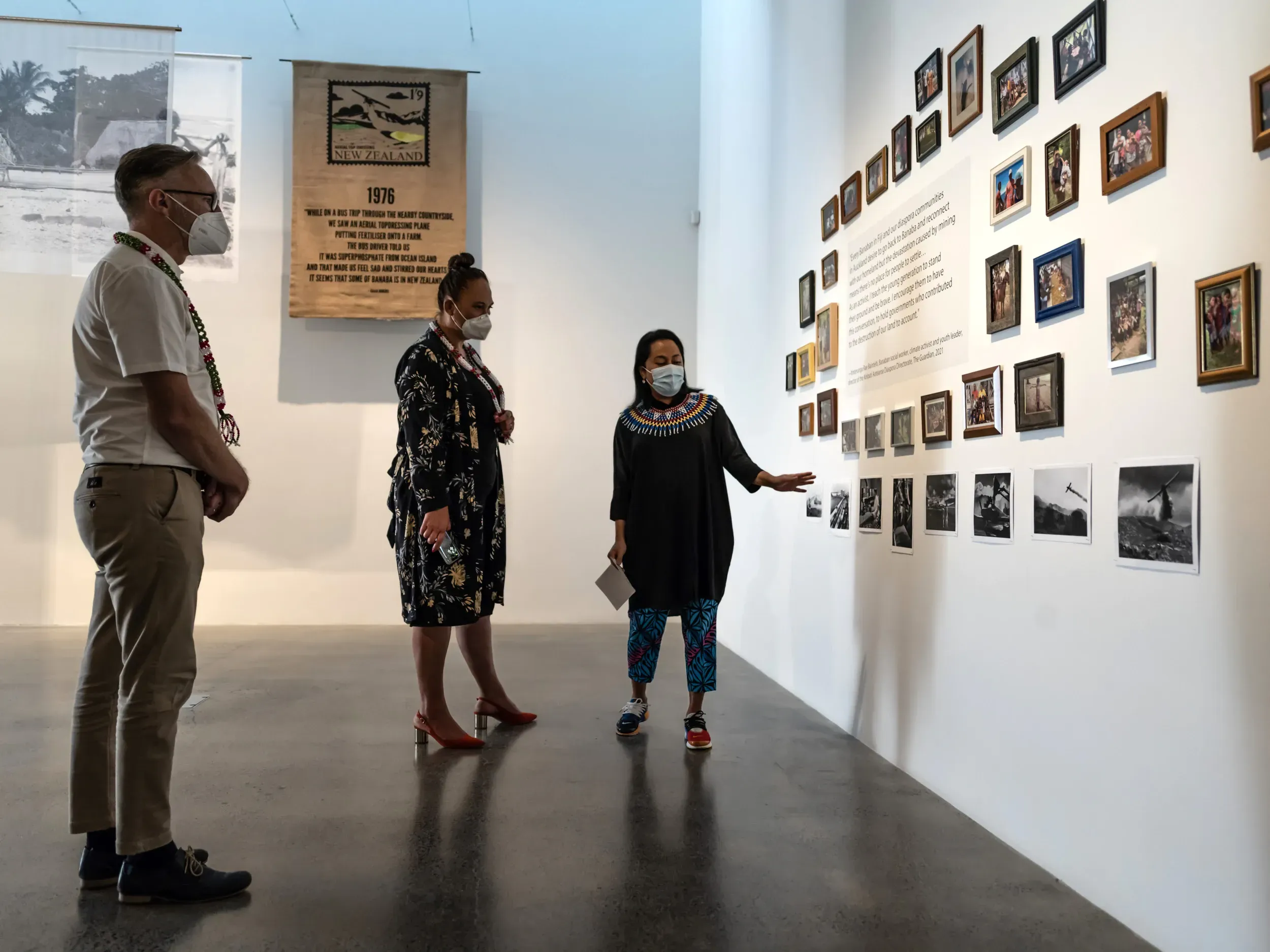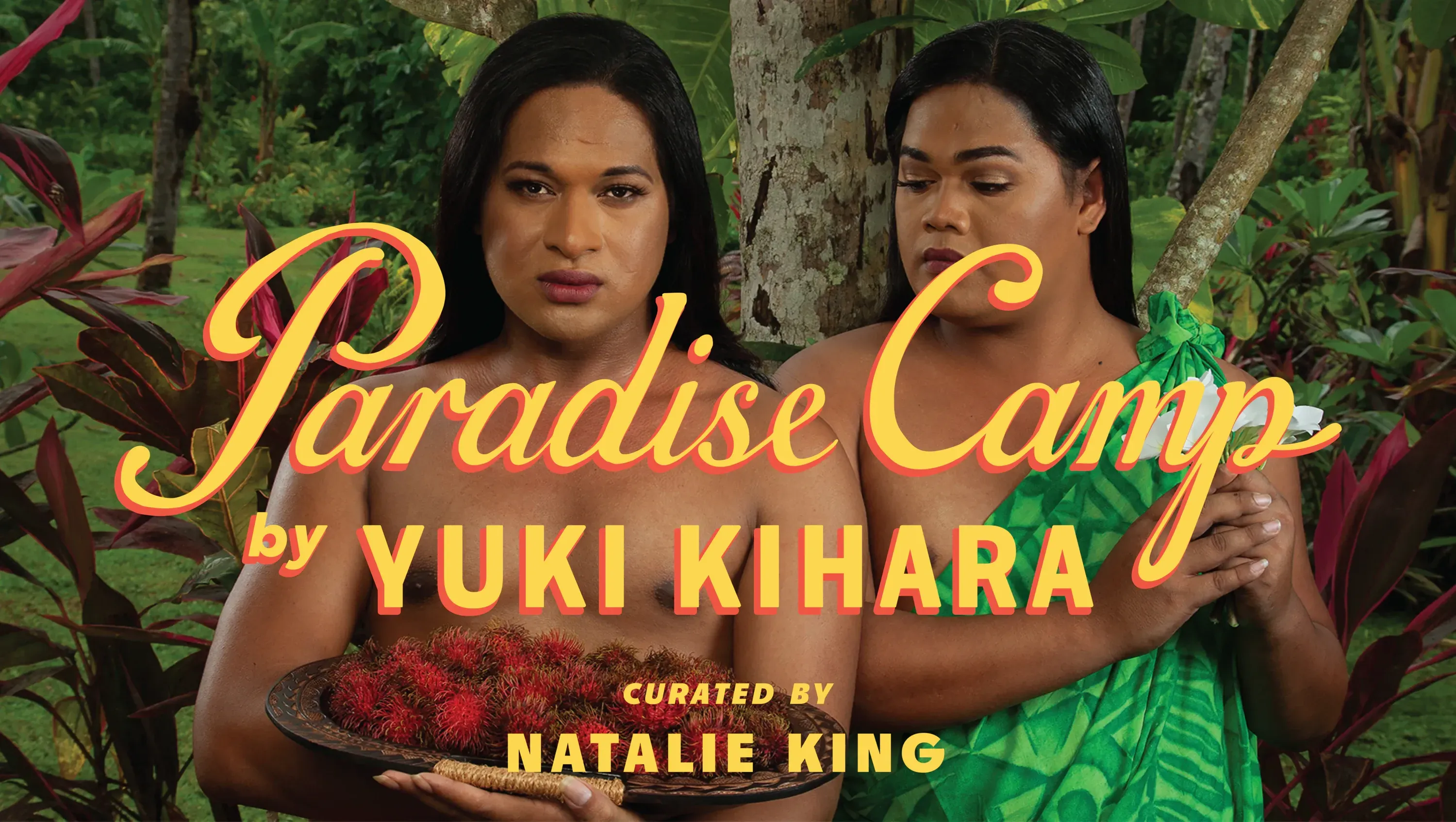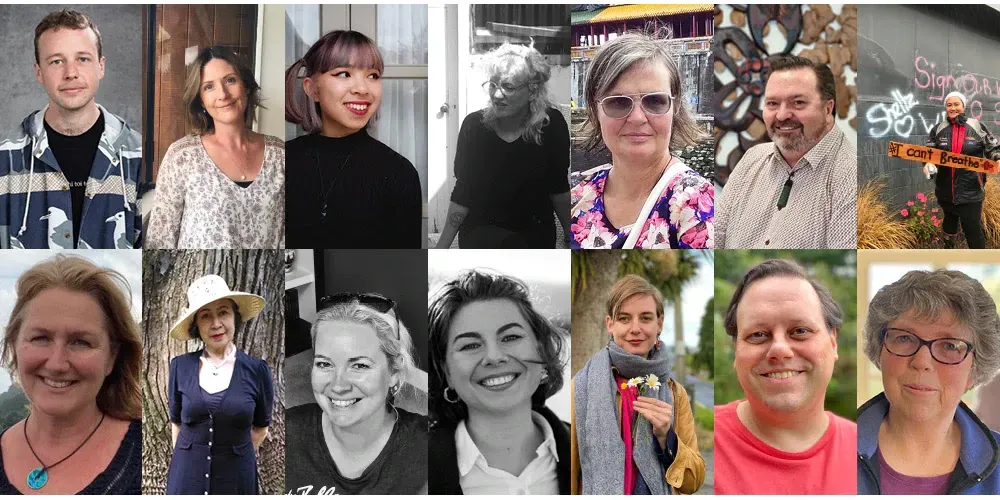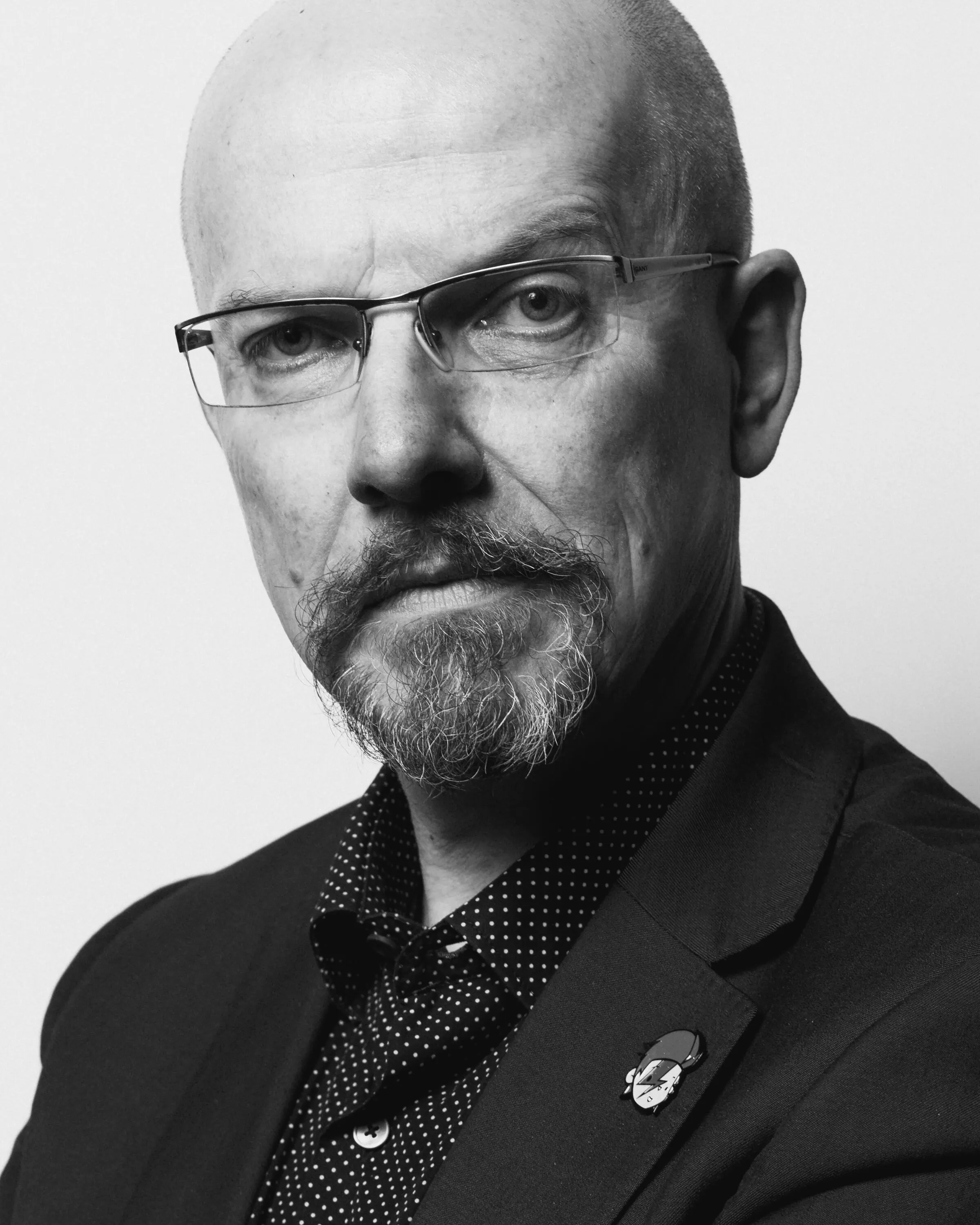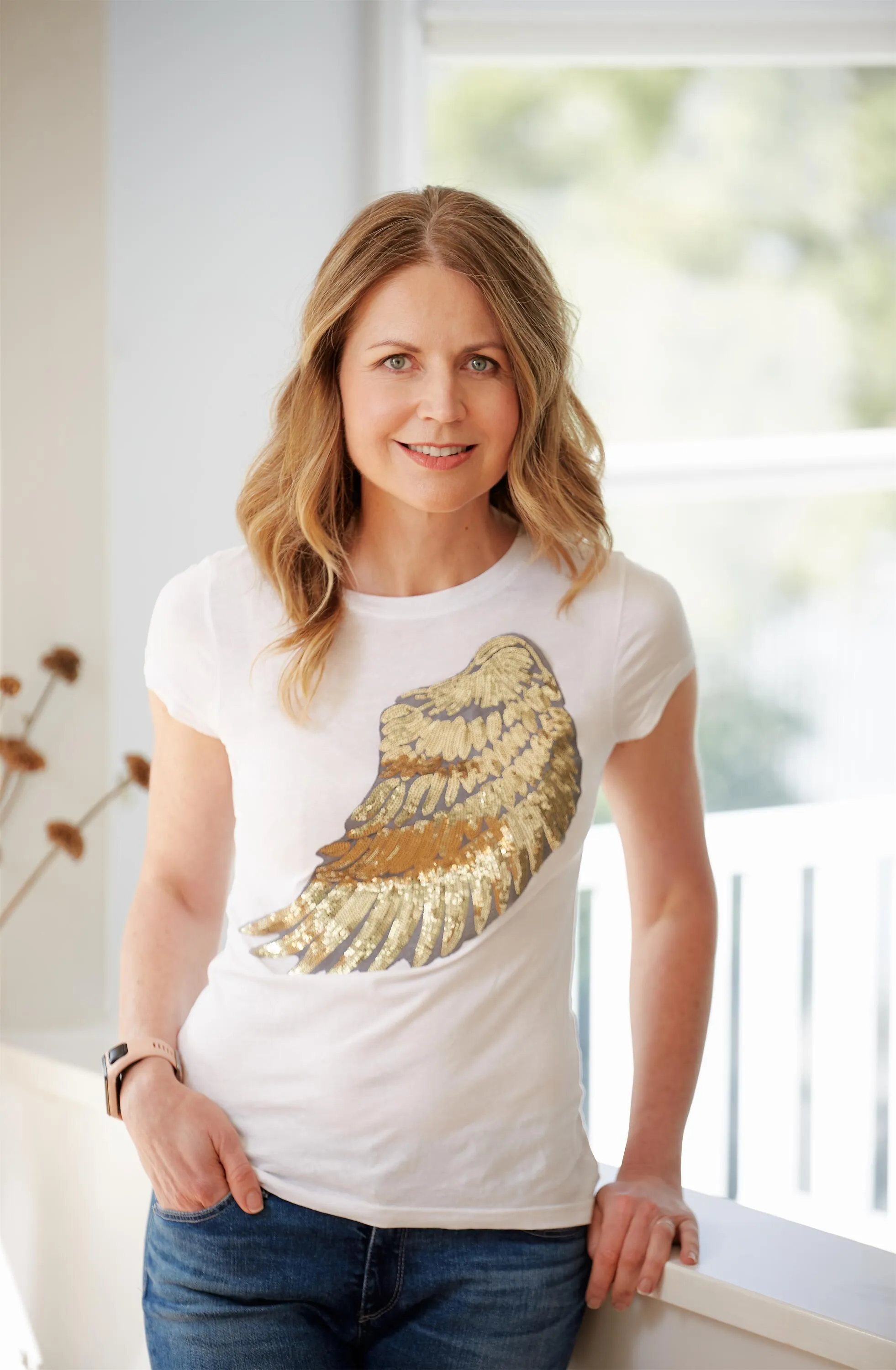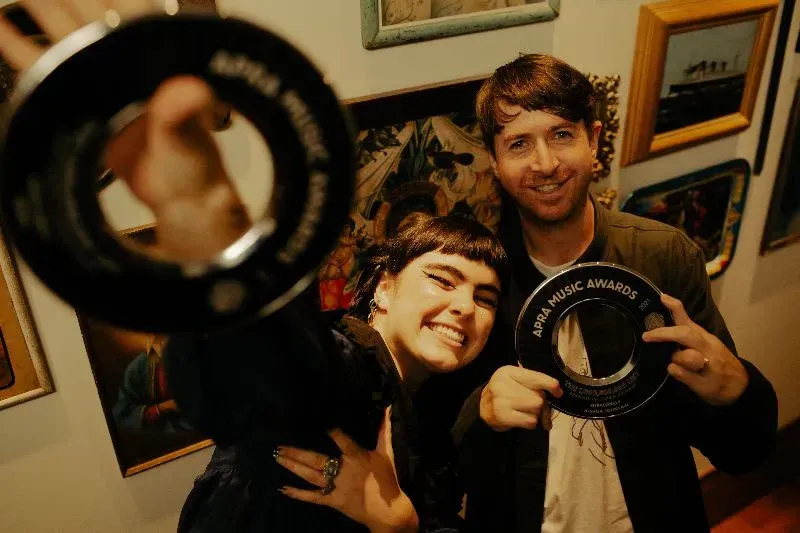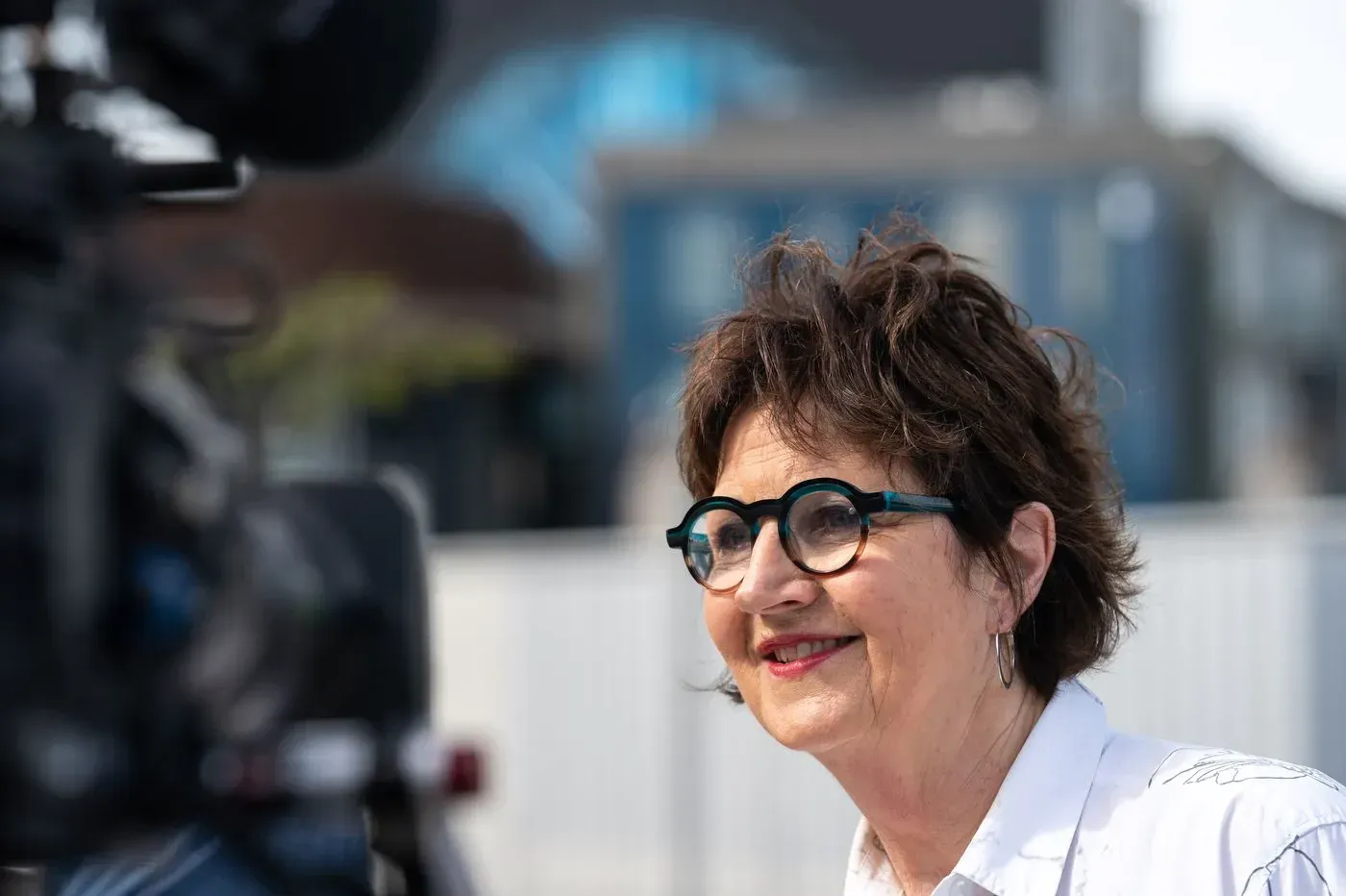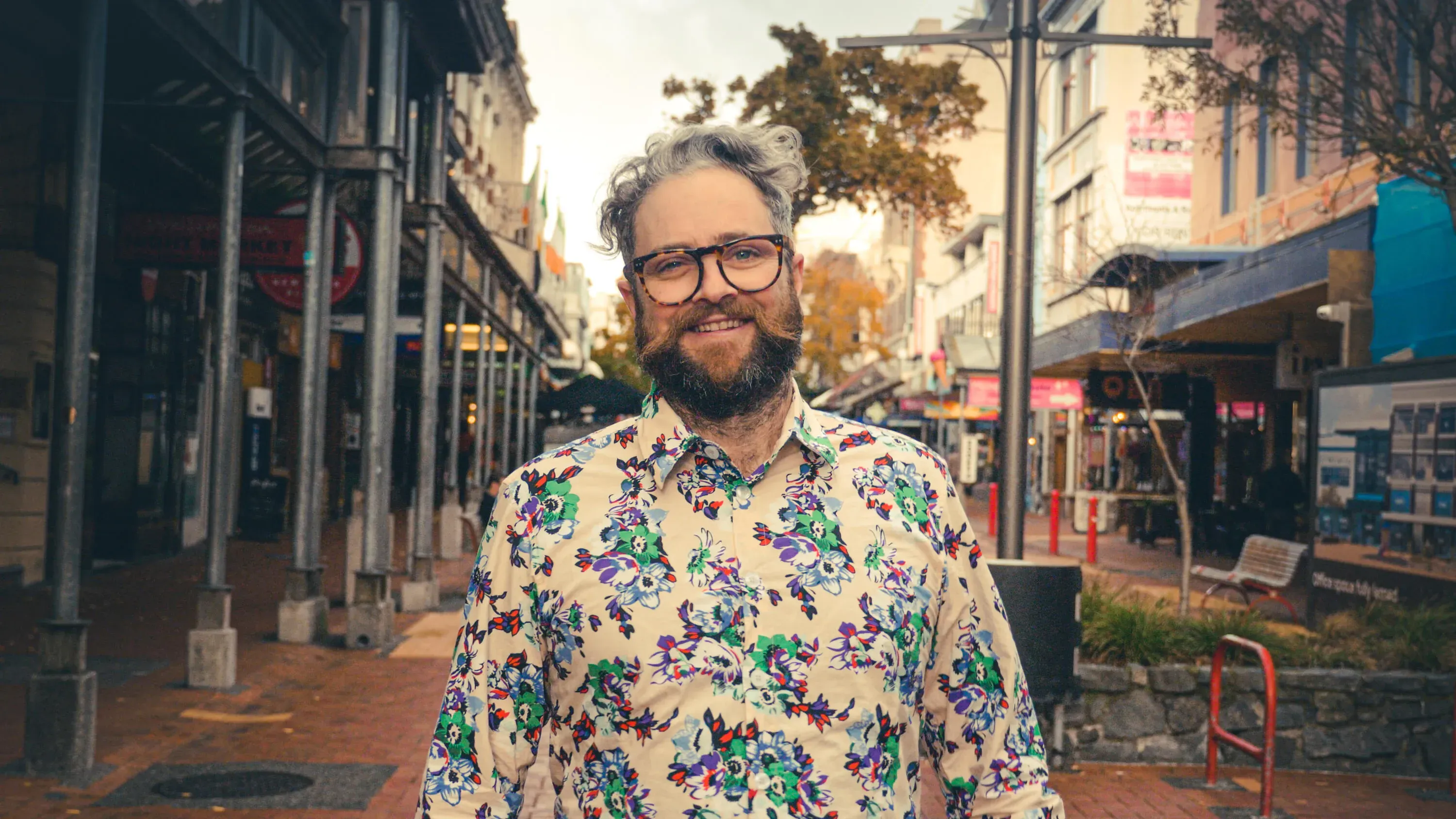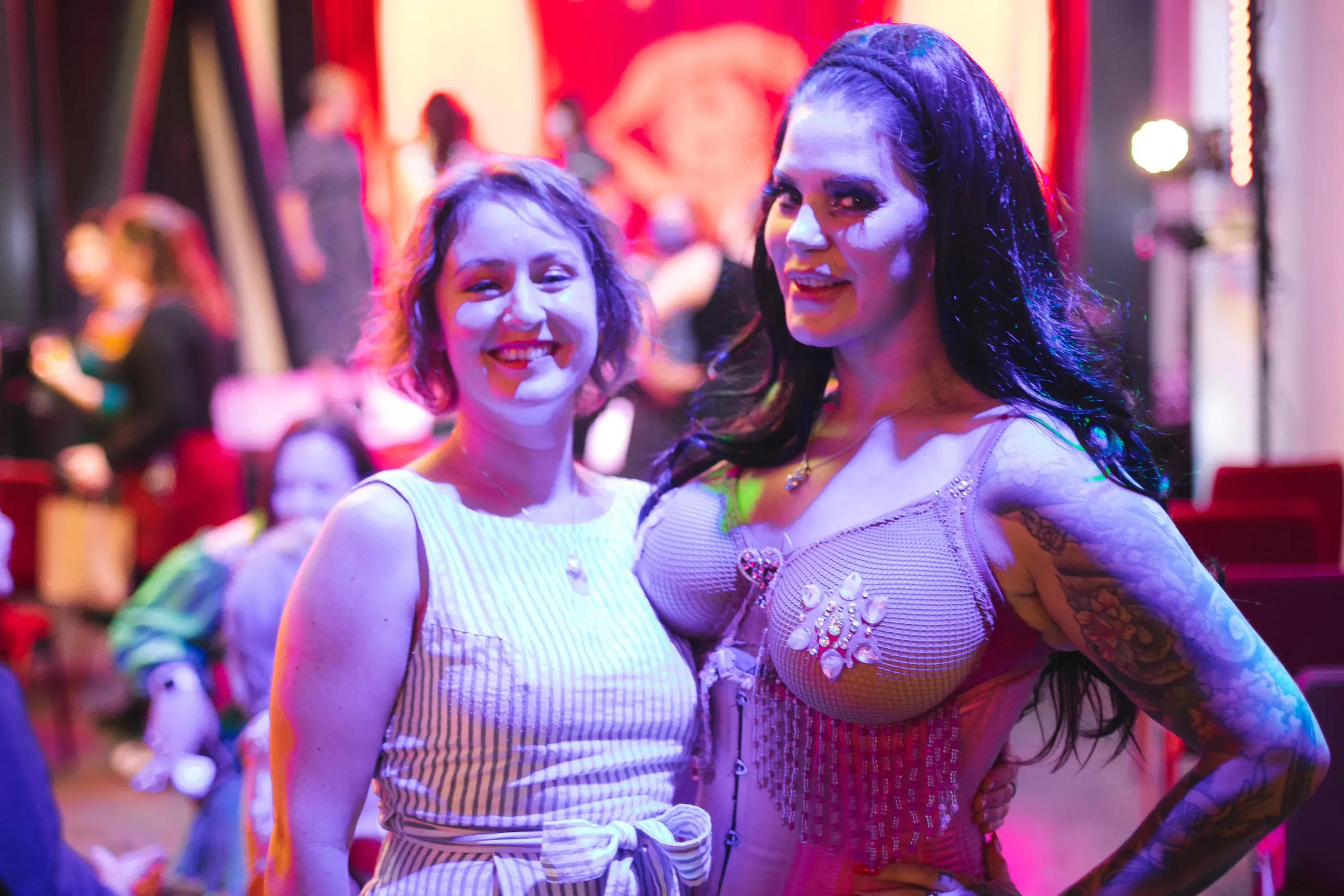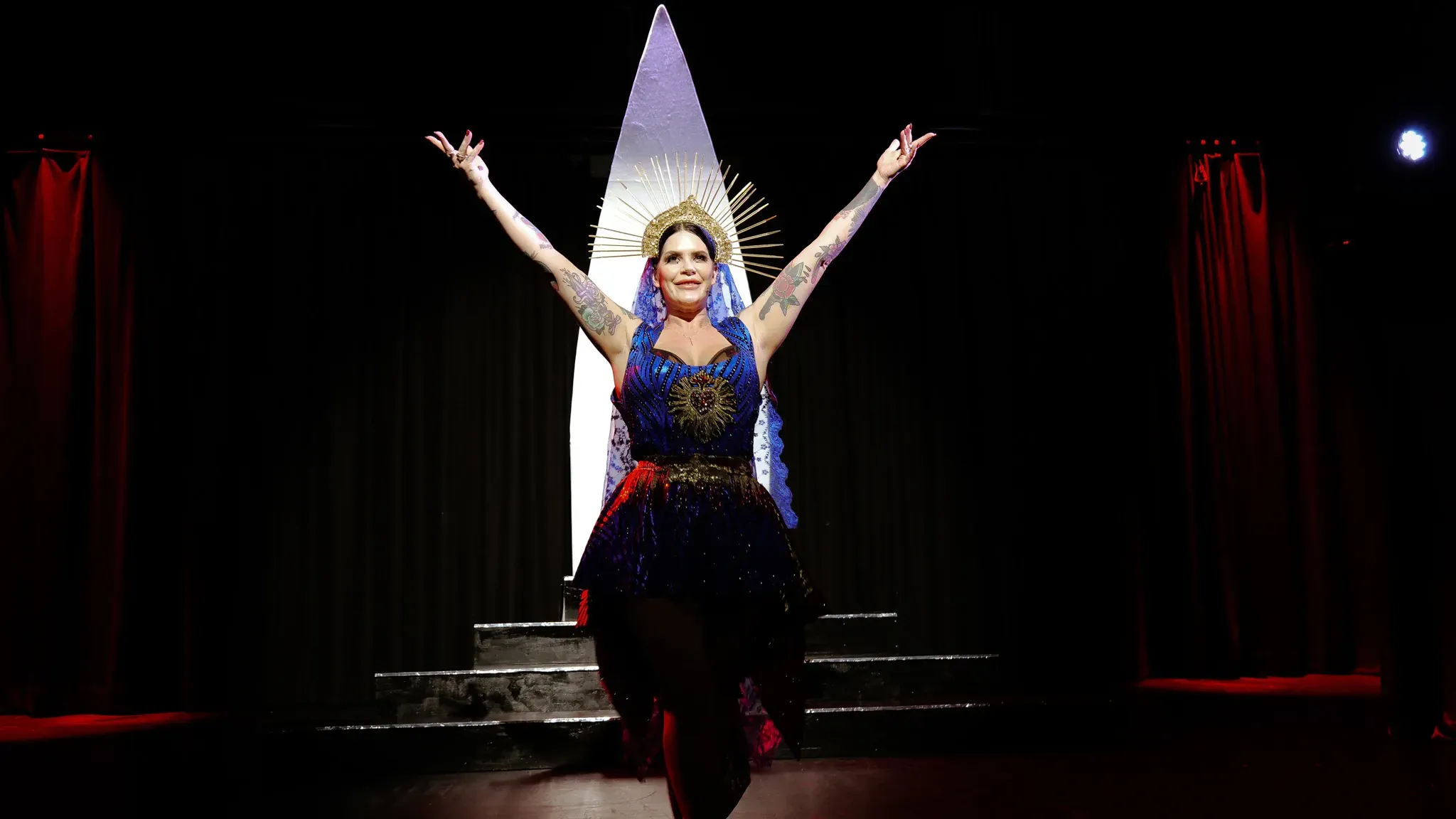Keeping Creatives on the Fringe
Written by
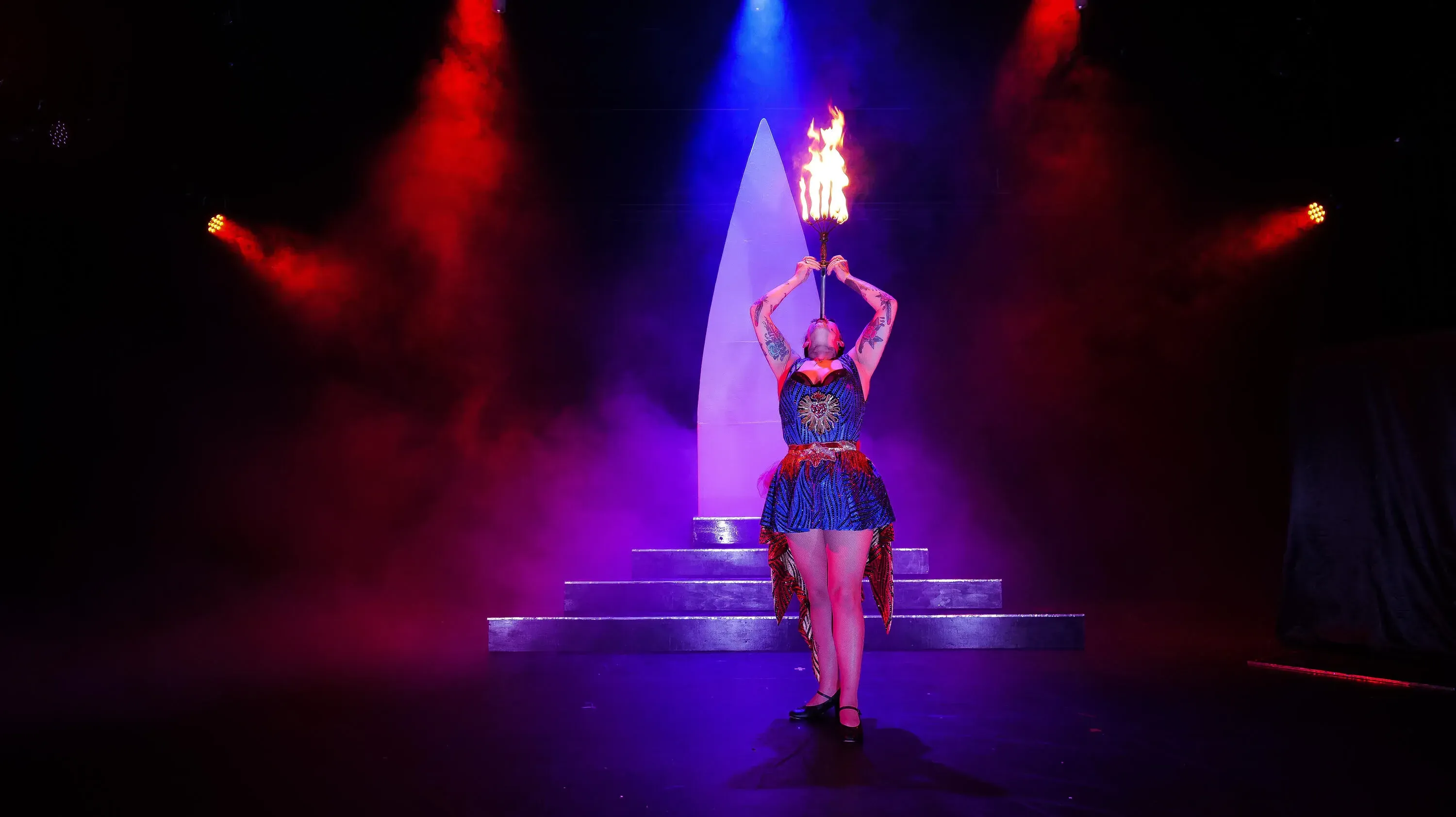
Fringe is a word that evokes many different responses - mostly dependent on who is using it.
In many instances - certainly in mainstream media - fringe is used to describe something undesirable, unimportant - something that’s on the periphery, that doesn’t fit in.
But when it comes to creativity, Fringe has a very contrasting meaning.
It’s for those who dare to be different, who don’t try to fit into a mould and are prepared to innovate, experiment and challenge convention.
Not everyone wants to fit in - many great ideas are born and bred on the fringe. And they deserve to feel the warmth of the spotlight too.
That’s what makes fringe festivals - like the just wrapped up New Zealand Fringe Festival in Wellington so important. Anyone who has a performance concept and is prepared to back it up is welcome.
Going ahead under Red Light was a challenge, but they still managed to bring 321 live performances across 30 venues - as well as 28 digital shows to this year’s programme. There would have been more, had it not been for close-contact shutdowns impacting on 35% of the planned sessions.
In all, over 800 artists were given an opportunity during the festival, with nearly $180,000 going back into their pockets through box office profit, funding and donations support.
Drew James, CEO of Creative Capital Arts Trust - the organisation behind the NZ Fringe Festival - told The Lowdown events like these are “a real breeding ground for work that can then go on to many many things.”
James states “what Fringes do is provide a platform for artists to show their work and for them to create a sustainable career. Part of that is to be able to access new audiences and be able to tour.
“That doesn't necessarily mean at other Fringe festivals - there are artists that will win awards or do really well at a Fringe that will then get picked up for touring by curated festivals. It’s one of the reasons Creative New Zealand has heavily supported artists to go to Edinburgh Fringe (when international travel allows it) - it’s about giving artists the opportunity to be picked up by other presenters within that forum.”
As an example, James adds “artists like the Flight of the Conchords started at the Fringe Festivals. A lot of NZ artists had a foot in the Fringe at the very beginning of their careers and have gone on to do amazing things.
“I can think of at least two or three shows - if not more - that would be of interest to curated festivals around the country after this last festival.”
Those highlighted in Sunday’s online NZ Fringe Festival Awards will likely be at the top of that heap.
Among those recognised include Band Sensations with Stanley Manthyng, Scenic Album Tour at Sea for Most Innovative Work Award and Jacob Banks as Most Promising Emerging Artist for contributions to shows WendyBird, Music Sounds Better Out Here and Milk of the Gods.

Sabrina Martin and Rachel Atlas. Photo: Roc+ Photography.
Best in Fringe went to solo show Gag Reflex, which Director Sabrina Martin describes as “a wild ride through the highs and lows of a career as a sex worker and a world class daredevil performer, Rachel Atlas shares her experience of overcoming shame, finding happiness and celebrating her adventurous life.”
When asked what winning the award meant to her, Martin told The Lowdown “Gag Reflex felt like a bit of a wildcard. Rachel Atlas is 41 years old and has never acted before, whilst she is a seasoned carnie having travelled the globe swallowing swords and having knives thrown at her, she is new to the more stripped back experience of standing on a stage and talking openly about her life.
“Could we pull it off? Weaving honest, confessional style direct-address with daredevil acts felt risky. Would it land? Would we be able to get to the emotional depth needed to carry off the message of the story whilst showcasing the talent of Lady Danger, Rachel Atlas? Would we be able to talk about shame passed down through the generations, the highs and lows of being a sex worker and a recovering from toxic relationship patterns and be entertaining?
“To be awarded Best in Fringe for this work feels like a massive win: it is a win for us professionally but also it is a win for those of us that feel like it is too late to start, it is a win for survivors, it is a win for sex workers. For me it is a win as a theatre maker too, I am an experienced actor / performer but have rarely led a production. This is my first time directing a full scale show in a theatre. Alongside Rachel, I too am stepping into my power. And I am grateful to have done that with such a kind, intelligent wild woman.”
Another Fringe tradition are the ‘Tour Ready’ Awards - which James says underlines that “the quality and the nature of the work awarded is tourable - it’s a show that would work at another fringe festival internationally.
“The intention is to really open up that opportunity for those artists. The receiving festivals assist those artists by waiving fees, helping them engage with a venue and any marketing access support that they offer - what we do is contribute to the costs of those artists getting there.”
That contribution is to the tune of $1500, with Melbourne Fringe (awarded to Loops by Company Hiraeth) Sydney (Ana Chaya Scotney’s ScatterGun), Auckland (Community by Emma Barrett) and Dunedin (A Landfill Majority with Pamela Handcock) all represented in the Tour Ready awards.
As is Adelaide Fringe - that Tour Ready award going to Gag Reflex.

Rachel Atlas performing in Gag Reflex. Photo: Maeve O'Connell.
Martin beams “it will be exciting to take the show to the largest arts festival in the Southern Hemisphere and see how it stands up there. We are talking about a return Wellington season once we are out of Red and also taking the work to Auckland.
“I think people really connected with Rachel celebrating the messiness of life and the journey of finding happiness. We believe there is an appetite from audiences for the work to continue which we will work towards.”
The Fringe network throughout Aotearoa - and indeed abroad - is a close-knit one; directors and organisations are regularly in contact, looking for ways of growing the festivals.
James notes so much of it is based around for support for independent emerging artists. “We do a lot of capability workshops and seminars leading up to the Fringe - that’s something we want to develop a lot further. It’s not just about getting good business skills and being able to make the most of being in a Fringe, it’s also about how you work with other artists, how you develop creatively.
“We find we often get graduates who come out of tertiary education with great ideas and great skills but really have no idea about how to make that work for them as a career. That’s a space where we want to provide as many opportunities as we possibly can.”
The Biennale countdown
From the fringe to one of the biggest spotlights in the arts - it’s just over a month before the spectacle that is the Venice Biennale opens - no mean feat in the current climate.
Yuki Kihara, New Zealand’s artist for the 59th edition of the International Art Exhibition, is currently in post-production after filming a new component for her elaborate and closely guarded work, Paradise Camp. But reality is starting to sink in, with crates of her mahi now at its new home in Italy.

All we're getting of Yuki Kihara's Venice Biennale exhibit....for now. Photo: Creative NZ.
Kihara told The Lowdown that she’s feeling “excited and exhausted at the same time! But happy to know that the crate of works and the exhibition catalogues have arrived safely in Venice.”
Prising information on what we can expect from Paradise Camp is of the blood out of a stone variety - what creative wants to give spoilers on their own major work? - but here’s what we know so far. Paradise Camp was shot and filmed on location in Upolu Island, Sāmoa, and it’s a politcally-charged project that will tackle climate threat, small island ecologies, queer rights, Gauguin’s gaze, intersectionality and decolonization.
More is likely to become clear in the next week, with Kihara set to be part of an hour long Facebook Live Q&A hosted by Creative NZ on Wednesday 23 March from 6:30pm.
Kihara explains “It's amazing the number of myths generated in Aotearoa about what's involved in preparing for a Venice Biennale exhibition by those who have never been involved with it.
“The Q&A session is an opportunity to offer the audience more insight into behind-the-scene activities because it is very intense!”
Not one to sit on her laurels, Kihara has also been co-curating Project Banaba, a solo exhibition of Canberra-based scholar and artist Katerina Teaiwa currently on view at Te Uru Waitakere Contemporary Gallery for the next two months.

Yuki Kihara, guiding Hon. Carmel Sepuloni through Project Banaba exhibition by Katerina Teaiwa accompanied by Te Uru director Andrew Clifford. Photo: Gui Taccetti.
But it’s being able to soak in her Venice project that sits strongly on Kihara's horizon when the world’s biggest arts exhibition opens on 23 April.
“I'm looking forward to visiting the Japan pavilion because I'm a big fan of the performance art group Dumb Type. However, all eyes at the moment are on Ukraine's pavilion so like everyone in the Venice Biennale community, I'm happy to provide support wherever I can.“

Big moves
There have been several well-credentialed and highly respected figures in the events community making big announcements on their future this week.
Marianne Hargreaves has brought to a close an impressive and pivotal 13 year stint with WORD Christchurch, handing over the reins as Executive Director to Steph Walker.

Marianne Hargreaves. Photo: Supplied.
Hargreaves told The Lowdown “I’ve had a ball – lots of challenges, natural disasters, a flattened city, global pandemics, but I heard someone on the radio recently asked the same question and they replied ‘the mahi is exhausting’, and I thought that captured exactly how I was feeling.
“I’ve loved it, it’s rewarding knowing what you do makes a difference and I’ve met some amazing people from all walks of life, but it’s now time to hand on the baton to someone with new energy and I’m thrilled that Steph will be able to continue to build on what we started all those years ago.”
Any event organiser is used to dealing with immovable and sudden obstacles these days - but Hargreaves was one of those doing it over a decade ago when the Christchurch earthquakes literally and figuratively changed the landscape, 3 days before her first year in charge of the festival.
That ability to be agile has been crucial in navigating the pandemic era and emergence of the Hybrid Festival. “This is the biggest change, which I think will become a permanent part of many festivals as the cost of international travel rises and people become conscious of climate change,” explains Hargreaves.
“Some form of digital presentation will become the norm, the challenge is to make it interesting enough for people to engage with. WORD now has a savvy digital programme manager and is really working connections with international organisations and publishers to bring the most interesting writers and speakers in an intimate setting so everyone feels a part of it.
“However, we have found most people still want to come out and be in the room with the writers so they can ask questions in person and get the vibe from others around them. I don’t think you replace that in any way and despite all the incredible challenges that brings at the moment, it’s still the best way to attract people to a festival.”
One of her goals was to make the programme accessible for all people, building a partnership with Ngāi Tahu and including the Pasifika and immigrant community more in the festival.
“This all came together in 2019 when Kurdish refugee Behrouz Boochani made his way from Manus Island to WORD and was welcomed to the city by the iwi, mayor and Rachael King who was instrumental in negotiating the relationship.
“It showed that words can save lives.”
Hargreaves may be leaving her role, but she’s going to remain an integral part of the ŌTautahi creative community - it’s in her blood.
“We have a group called Christchurch Arts Audience Development Group (CAAD) with representatives from the main arts organisations in the city meeting monthly. I write the newsletter (ArtsFinder) and will carry on so that I can keep in touch with what is happening.
“I’m passionate about promoting the arts in Christchurch, I know how much the arts can change lives and that’s what I’ll keep doing. Oh and I was once a textile artist – so I’m revisiting that and I have a 2 year old granddaughter in New York so I’ll need to combine visits to her with keeping up with international art!”

Steph Walker. Photo: Supplied.
Her replacement Walker is no slouch either. Currently the Program Director at Auckland Arts Festival, she has spent 15 years spearheading arts programmes and special projects in Aotearoa, London and Australia - and returns to her hometown “with a kete full of energy and ideas.”
Newly announced Turner Centre General Manager Gerry Paul is another veteran events organiser who decided it was time for a change when he shifted out of Wellington and ended his tenure as CubaDupa’s Festival Director at the end of 2021.
The well-traveled Paul told The Lowdown “I had been back in Te Whanganui-a-Tara for ten years and had an amazing decade, but the event industry is super intense and we felt a wee bit caught up in the rat race in Wellington, so myself and my wife decided it was time for a new adventure.
"Te Tai Tokerau has always appealed - the weather, the scenery, the fishing, the laid back lifestyle, so we said we'd give it a go. I saw the role of GM at The Turner Centre come up the week that we moved up here, so it was serendipitous.

Gerry Paul. Photo: Johnny Hendrikus.
“It’s an amazing facility that not many towns the size of Kerikeri are lucky enough to have. As well as filling the theatre with exciting creative programming from Aotearoa and abroad, the areas I am particularly interested in developing are establishing the Turner Centre as a Hub for all community activity and expanding the role we play as a Placemaker, both in Kerikeri and throughout Te Tai Tokerau.
“A venue has such potential and opportunity to build a stronger community through creativity and activity, I feel it is a privileged position I have stepped into.”
Like Hargreaves, Paul takes pride in having made CubaDupa “a sustainable, diverse, accessible and inclusive festival” faced his challenges in his previous role. His highlight is pretty clear.
“In the three years I was directing CubaDupa, we were only able to realise one festival, but that 2021 festival was extraordinary. It was a true celebration of Wellington creativity with so many different groups and stakeholders contributing to make it happen. We had close to 2000 artists, 50 creative zones and stages, 100+ business participating and 500 performances and was touted as being the largest post-lockdown festival in the world.”
Sharing the Love

D.V. Bishop. Photo: Supplied.
Growth is on the agenda for the NZ Booklover Awards as well.
They’ve just this morning (Thursday) dished out their 2022 Awards and are already planning to be bigger and brighter for next year.
This year’s recipients are D.V. Bishop’s City of Vengeance in the Best Adult Fiction category, Stacey Morrison and Jeremy Sherlock for Kia Kaha: A Storybook of Māori Who Changed the World as Best Children’s Book and Homecooked: Seasonal Recipes for Everyday winning Lucy Corry the Best Lifestyle Book gong.

Lucy Corry. Photo: Supplied.
Director and author Karen McMillan told The Lowdown “there are a number of important literary awards in NZ, but there has been a gap in recognizing more mainstream books. NZ Booklovers was born out of wanting to recognise our talented writers who write more commercial books.
“We have in mind the average family who likes reading books – the type of books that people will feel happy to recommend to others also – and we wanted to acknowledge the writers who cater to these Kiwi readers.
“We hope the NZ Booklovers Awards is a friendly and valuable addition to the NZ literary landscape, complementing other existing awards.”
Not wasting any time, entries are already open for 2023 - with a new category of Junior Fiction added for the award’s fifth year.
McMillan comments “many studies show that if children are avid readers at ages eight to twelve, they have much better outcomes in life, so we are delighted to introduce this new category. In the future, we would like to introduce other categories, too, as we build the NZ Booklovers Awards slowly and surely. Once we have added a category, we want to keep it there for future years and not remove it because we have overextended ourselves. So hence one more category for next year, and then others will be added in the years ahead.”
They’re not the only wordsmiths feeling the love - with the New Zealand Society of Authors announcing 14 emerging writers for their 2022 Mentorship Programme.
From a record 134 entries, Marianne Bevan (Wellington), Shelley Burne-Field (Takapau), Fran Cain (Pegasus), Scott Fack (Christchurch), Ben Fagan (Wellington), Holly Fletcher (Dunedin), Trish Harris (Porirua), Eleanor Lornie (Whau Valley), Christina Marcham (Auckland), Lucy Revill (Wellington), Lynda Scott Araya (Oamaru), Emma Sidnam (Wellington), Elena Philp (Auckland), and Perena Quinlivan (Auckland) have been chosen to receive mentoring from senior NZ writers for the rest of 2022.

A billion reasons to be proud
Numbers get bandied about all the time when it comes to music - but when someone reaches 1 billion, it’s worth paying attention to - right?
Congrats are needed for Stella Rose Bennet AKA Benee and Josh Fountain for joining Aotearoa’s 1,000,000,000 List - for reaching 1 billion plays on the song Supalonely.

Stella Bennett AKA Benee and Josh Fountain show off their Billions trophy. Photo: APRA AMCOS.
The list takes into account streaming numbers from all major services including Spotify, Apple Music, YouTube, Vevo, Amazon, Google Play and more.
TikTok can claim a fair share of influence on this success too, but it’s quite the milestone for Benee and Fountain. Remarkably, they’re the 25th entry into the APRA AMCOS monitored list - how many do you think you can name? Test yourself then check out the 1,000,000,000 List here, some may surprise you.
Another big achievement in NZ music finally has a date. After Omicron hosed down plans for an in-person event for the 2021 Silver Scroll awards in October, then November and now again in March - the white flag has unfortunately but understandably been flown. The good news is that it means that the online broadcast of the awards will be open to anyone interested in seeing it - and it’s next week -Thursday 24 March from 6.30pm on Facebook and YouTube.
Kiwis cleaning up
And Dame Jane Campion’s big month of March is off to a rollicking start. While all roads lead to the Oscars and her tilt at history to win a second Best Director Academy Award, one of 12 nominations for her hit western filmed in Aotearoa, The Power of The Dog.
She’s so in demand right now she wasn’t even there to pick up her BAFTA for Best Director (only the third woman to claim the award in seven decades) because she was too busy accepting the same award from the Critics Choice Awards. Unfortunately, the gloss of that win has been tarnished by a major backlash to her comments about tennis superstars the Williams sisters who are the subject of the King Richard biopic, saying they didn’t have to compete against men like she did.
To avoid a repeat on Oscar night, Dame Jane might want to take tips from fellow New Zealand screen export Melanie Lynskey, who’s attracted universal adoration for her off-the-cuff acceptance speech for Best Actress in a Drama Series at the same ceremony, including the Yellowjackets star thanking her nanny for the love she shows her children.
